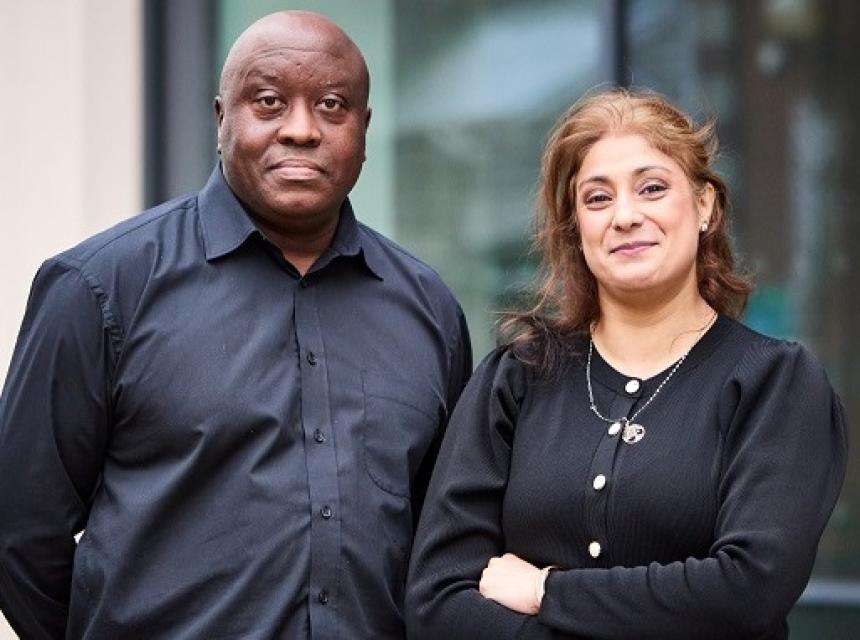Budget Reaction: Not as Bad as it Could Have Been

The Budget was not as bad as it could have been, says Adrian Young, Tax Partner at accounting and business advisory firm HURST.
The budget presentation by Rachel Reeves was perhaps one of the most anticipated of the last decade.
There were weeks of intense speculation about the measures that might be announced, including potential increases to headline income tax rates which were then quickly shelved. And the fervour was then crowned with an unprecedented leak of the Office for Budgetary Responsibility (OBR) report earlier in the morning. This led to the extraordinary spectacle of MPs and commentators alike reading the announcements on their phones as, or in many cases even before, they were made.
In the event, the Chancellor was unapologetic and placed the blame squarely at the door of the OBR, and an investigation is already under way.
Remarkably, the Budget itself was then largely bereft of drama, even if it was a fairly bad-tempered affair.
I expect business owners will be fairly neutral in their responses. This is because the most painful measures, such as increasing national insurance contributions and headline rates of capital gains tax, had already taken effect, having been announced in last year’s Budget.
That leaves business leaders to pick over one or two more impactful measures that did come up. These included the confirmation of the increase in the national minimum and living wages, with the main headline rate for people aged 21 and over increasing by 4.1 per cent to £12.71 per hour, up 50 pence from £12.21.
As with all such increases, this will have an inflationary impact on wage structures. This in turn will likely dampen employers’ ability to hire or backfill gaps left by departing employees. Evidence shows that it will impact the hospitality, care, and retail sectors in particular.
A more welcome announcement for business was the freezing of the headline corporation tax rate. Coupled with that were positive changes to the capital allowances rules to increase the availability of first-year allowances in certain sectors.
The proposed improvements to the Enterprise Management Incentive (EMI) scheme look welcome. These rules are sometimes used to incentivise key employees, and the enhancements should make the benefits available to a wider range of businesses.
On the flip slide, the halving of the tax relief for individuals selling their businesses into employee ownership trusts (EOTs) was unexpected, and appears to go somewhat against a broader policy of encouraging employee engagement.
Overall, the long-trailed freezing of personal allowances for a further three years after 2028 is the big tax-raiser for the chancellor. Initial estimates I have seen suggest this measure will bring close to a million more people into the tax net by 2029 and into 2030. I’ve said before that it’s a subtle move, as it enables the chancellor to hold true to her manifesto pledge not to increase income tax rates while still bringing much more tax into the coffers.
The fact that the thresholds will have been frozen for getting on for a decade when wage and other inflation has been high is the reason why this measure has been so effective in filling the hole in the Treasury’s finances.
From April 2026, the tax rates on dividend income will increase by two per cent to 10.75 per cent for basic-rate taxpayers, and to 35.75 per cent for higher-rate taxpayers.
There is no change to the dividend additional rate, which is held at 39.35 per cent. The government expects this measure to raise £280m in FY27, and up to £985 million in FY28, with future tax receipts to increase too.
Given that the changes to the rates do not apply until April 2026, business owners may want to look at their companies’ cash requirements and reserve levels now to see if they can bring forward dividend payments while the slightly lower tax rates are still in force.
In summary, I believe business leaders will think the Budget was not as bad as it might have been. It’s a fairly low bar and, whereas Reeves’s focus on growth is to be welcomed, I didn’t see any stand-out measures that will make a material change to the fortunes of north west businesses.


